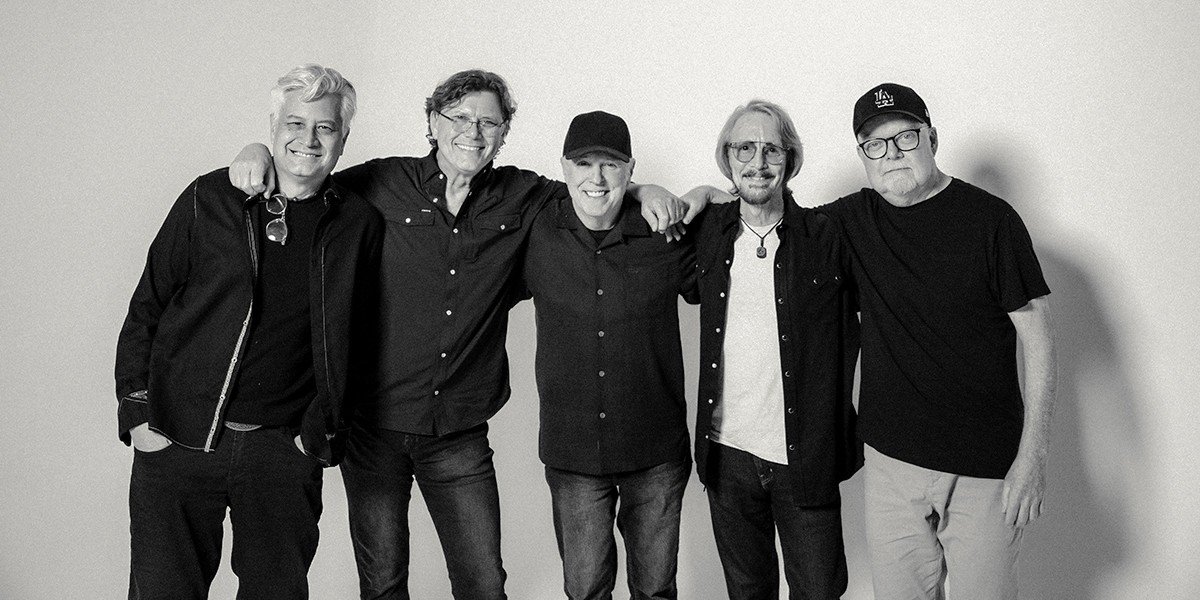In the ever-evolving world of music, genre experimentation has become a hallmark of creativity and innovation. Artists who venture beyond traditional boundaries often create unique sounds that captivate audiences and push the industry forward. However, blending genres is a risky endeavor, with some experiments resulting in groundbreaking success and others failing to resonate with listeners. This article explores why genre experimentation is a hit or miss, delving into the factors that influence its reception, success, and failure.
The Drive for Artistic Innovation
Pushing Boundaries
For many artists, experimenting with genres is a way to challenge conventions and explore new creative territories. It allows musicians to blend diverse influences, producing sounds that defy categorization. Successful genre experimentation has led to the birth of entirely new musical styles, such as jazz fusion, which combines jazz with elements of rock or funk. These innovations enrich the musical landscape and inspire future generations of artists.
Risk of Alienation
While innovation can attract new listeners, it also carries the risk of alienating an artist’s existing fan base. Fans often have specific expectations based on an artist’s established style, and drastic changes can lead to disappointment. Striking a balance between experimentation and retaining a recognizable core sound is crucial for artists aiming to maintain their audience while exploring new creative directions.
Audience Reception and Expectations
Diverse Listener Preferences
Music listeners have diverse tastes, and genre-blending may appeal to some while deterring others. An experimental track that excites one demographic may fail to resonate with another. Understanding the target audience is essential for artists attempting to gauge how their work will be received.
Cultural and Social Factors
Cultural and societal influences play a significant role in how genre experimentation is perceived. Music that resonates deeply in one cultural context may not have the same impact elsewhere. For example, a fusion of Western pop and traditional Eastern instruments might appeal to global audiences but face skepticism in regions where traditional music is deeply rooted.
Market Dynamics and Commercial Success
Industry Gatekeepers
The music industry relies heavily on categorization, with genres serving as a framework for marketing, promotion, and distribution. Record labels, streaming platforms, and radio stations often prioritize easily classifiable music, making it challenging for genre-defying works to find a place in mainstream channels. Artists who experiment may face barriers in gaining visibility, particularly on curated playlists that are genre-specific.
Commercial Viability
Genre experimentation often walks a fine line between artistic expression and commercial success. While some tracks achieve mainstream popularity, others may struggle to generate significant revenue due to their niche appeal. Artists must weigh the benefits of creative freedom against the potential risks of alienating their audience or limiting their market reach.
Historical Context and Evolution
Successful Fusions
Music history is filled with examples of successful genre experimentation. Jazz fusion, hip-hop’s integration of funk and soul, and the rise of electronic dance music (EDM) are all testaments to the power of blending genres. These experiments not only achieved commercial success but also paved the way for new movements in music.
Lessons from Failures
Not all attempts at genre experimentation succeed. Some projects fail to connect with audiences, often due to a lack of authenticity or coherence. These failures provide valuable lessons, emphasizing the importance of staying true to an artist’s vision while ensuring that the music remains relatable and engaging.
The Role of Technology
Access to Tools
Modern technology has made genre experimentation more accessible than ever before. Digital audio workstations, virtual instruments, and advanced production software allow artists to blend sounds effortlessly. This democratization of music production has led to an explosion of innovative tracks that challenge traditional genre boundaries.
Overproduction Risks
While technology offers opportunities for creativity, it also introduces risks. Overproduction or reliance on digital effects without a clear artistic vision can result in tracks that feel disjointed or overly manufactured. Maintaining a balance between innovation and coherence is essential to avoid alienating listeners.
Authenticity and Artistic Identity
Genuine Expression
Authenticity is a key factor in the success of genre experimentation. Listeners are more likely to embrace music that reflects an artist’s true creative vision rather than projects perceived as opportunistic or trend-driven. Authentic experimentation resonates more deeply, creating a connection between the artist and the audience.
Perceived Gimmickry
Conversely, genre experimentation seen as a gimmick or an attempt to capitalize on popular trends can be met with skepticism. Audiences often value sincerity, and music that feels forced or insincere may fail to gain traction, even if it is technically well-produced.
Critical Reception and Media Influence
Role of Critics
Music critics play a significant role in shaping public perception of genre-defying works. Positive reviews can elevate experimental tracks, drawing attention to their innovative qualities and encouraging listeners to engage with the music. On the other hand, negative reviews can discourage audiences, particularly if the criticism highlights a lack of coherence or authenticity.
Media Representation
The way media outlets categorize and discuss genre-blending music also impacts its reception. Positive narratives that frame the music as innovative and groundbreaking can enhance its appeal, while dismissive coverage may undermine its potential to reach wider audiences.
Genre experimentation in music is a double-edged sword, offering the potential for groundbreaking success and the risk of failure. Artists must navigate a complex landscape of audience expectations, market dynamics, and authenticity to create works that resonate. While technological advancements and historical precedents provide tools and inspiration, the ultimate success of genre experimentation depends on the balance between innovation and relatability. By understanding these factors, artists can approach genre experimentation with confidence, creating music that pushes boundaries while remaining meaningful to their audiences.















